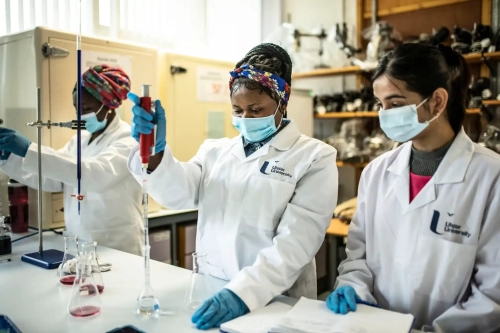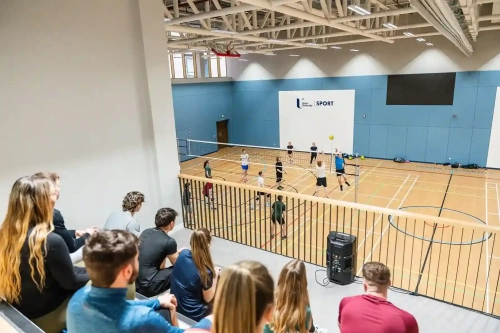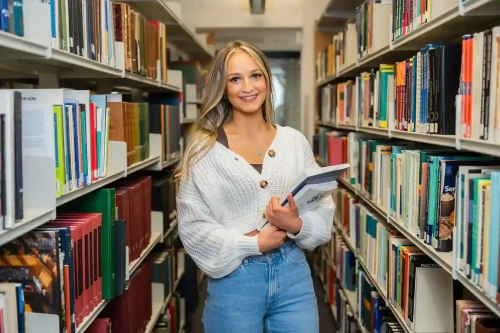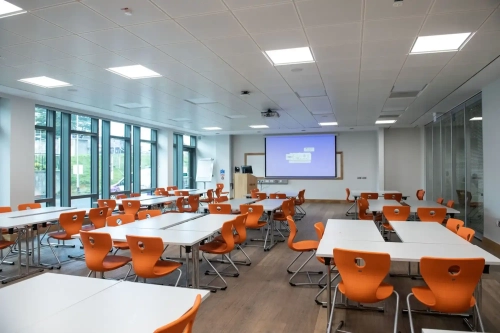Ulster university with a national and international reputation for excellence, innovation and regional engagement, making a major contribution to the economic, social and cultural development of Northern Ireland.
| Acronym | UU |
| Nickname | Ulster |
| Motto / Slogan | For the benefit of all |
| Colour | Navy blue & bronze |
| Mascot | Elkman |
| Founded | 1865 |
| Location | Belfast, Northern Ireland, United Kingdom |
| Address | 25-51 York St, Belfast, Antrim, BT15 1ED |
Ulster University's mission is to be a "transformative" and "civic" university, focused on making a lasting contribution to society, transforming lives, and fostering outstanding teaching and research.
Ulster University's vision is "to be a world-class institution of higher education that cultivates knowledge, nurtures creativity, entrepreneurship, and research for the holistic and sustainable development of society".

Ulster University aims to enhance student learning, promote a strong curriculum, conduct globally relevant research, and contribute to the region's betterment.
Whether you are from Norway, Nigeria or Nepal, the friendliness and support Ulster offers ensures you feel at home and make an easy transition to living in Northern Ireland and university life.
Ulster University is based in Northern Ireland, with three distinct campuses in Belfast, Coleraine and Derry~Londonderry.
Each campus offers an individual experience; from the energetic and eclectic nightlife of Belfast to the majestic and breathtaking scenery of the Causeway Coast. As a student at Ulster University, you will have access to some of the most renowned locations anywhere in the world!
With over 2,500 work placements each year, students become highly employable graduates with 94% starting their career or further study. Award-winning Career Development Centre, located on each campus, offers friendly and impartial support with career planning and provides advice on developing your employability skills.
FOR POSTGRADUATE: Apply Directly
FOR UNDERGRADUATE: Apply directly or Apply through UCAS
Email: [email protected]
Phone : +44 (0)28 9536 7890




British Computer Society (BCS)
Established in 1865 as Magee College, the college took its modern form in 1984 after the merger of the New University of Ulster established in 1968, and Ulster Polytechnic, incorporating its four Northern Irish campuses under the University of Ulster banner. The university incorporated its four campuses in 1984; located in Belfast, Coleraine, Derry (Magee College), and Jordanstown. The university has branch campuses in both London and Birmingham, and an extensive distance learning provision. The university rebranded as Ulster University in October 2014, including a revised visual identity, though its legal name remained unchanged.